16 September 2022
At Harbour Hospice staff meetings usually begin with karakia. After a Māori patient has died a kono (bowl) of water for cleansing is placed outside the room as part of cultural practice. And only white pillows are used to support the head of a patient, with blue pillows for other parts of the body.
These protocols are a small representation of the drive we began more than a decade ago to embed tikanga Māori into our everyday care of tūroro Māori (Māori patients) and their whānau.
Revised Ngā Paerewa Health and Disability standards that came into effect in February require healthcare providers such as hospices to meet standards of care that are inclusive and accessible. But this is something we have long recognised. Kaumātua and kaiāwhina have played a valuable role in our organisation for more than 10 years, and in 2019 our rōpū, Mahinga Ngātahi, was formed to further address inequity around access of service for tūroro Māori and discuss issues relating to Māori patient care.
Mahinga Ngātahi meets every six weeks and is steered by kaumātua John Marsden and kaiāwhina Barb O’Loughlin. It consists of 12 members and is co-chaired by Family Support Team Leader Jeanne Warmington and Executive Assistant Cass Vos.

Cass says, “The biggest impact we’ve made has been in helping to open dialogue around what’s usually quite a sensitive matter in order to change perspective and awareness around cultural factors. By doing this there is huge capacity for us to become more compassionate, more multicultural and more inclusive to provide equity of access for all.”
Jeanne explains that this is an ongoing piece of work, with feedback from tūroro Māori and their whānau used to better understand the needs of Māori in hospice care. “It helps inform our Māori care plan which we work from to get care ‘culturally right’ and meet people’s needs individually.”
Cass adds, “Being able to talk about experiences and dissect them in this forum allows us to share our lived experience as tāngata Māori, because everyone has their own iwi, hapū and whānau upbringing that adds to their personal experience as Māori.”
